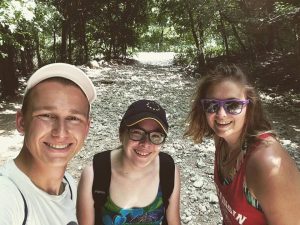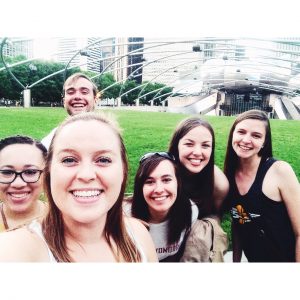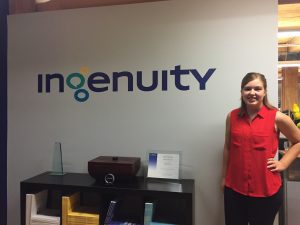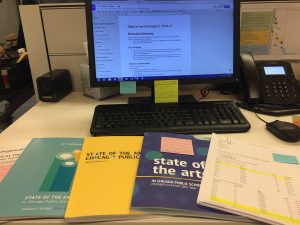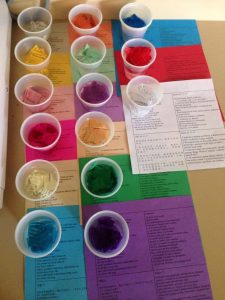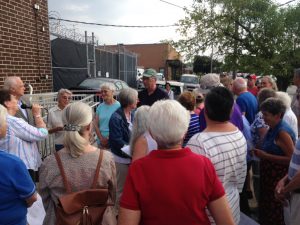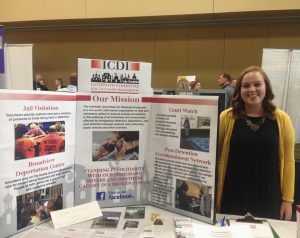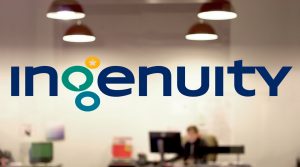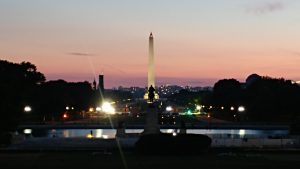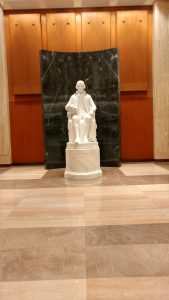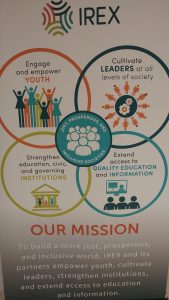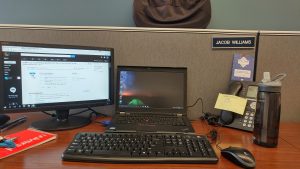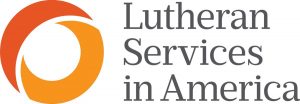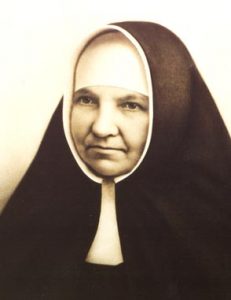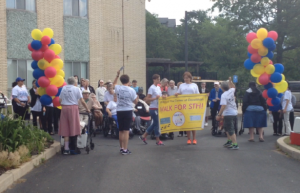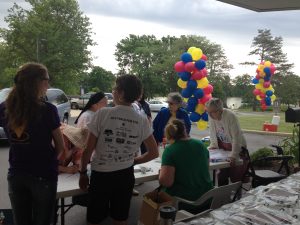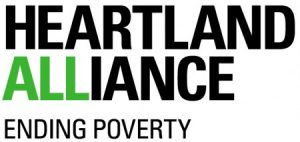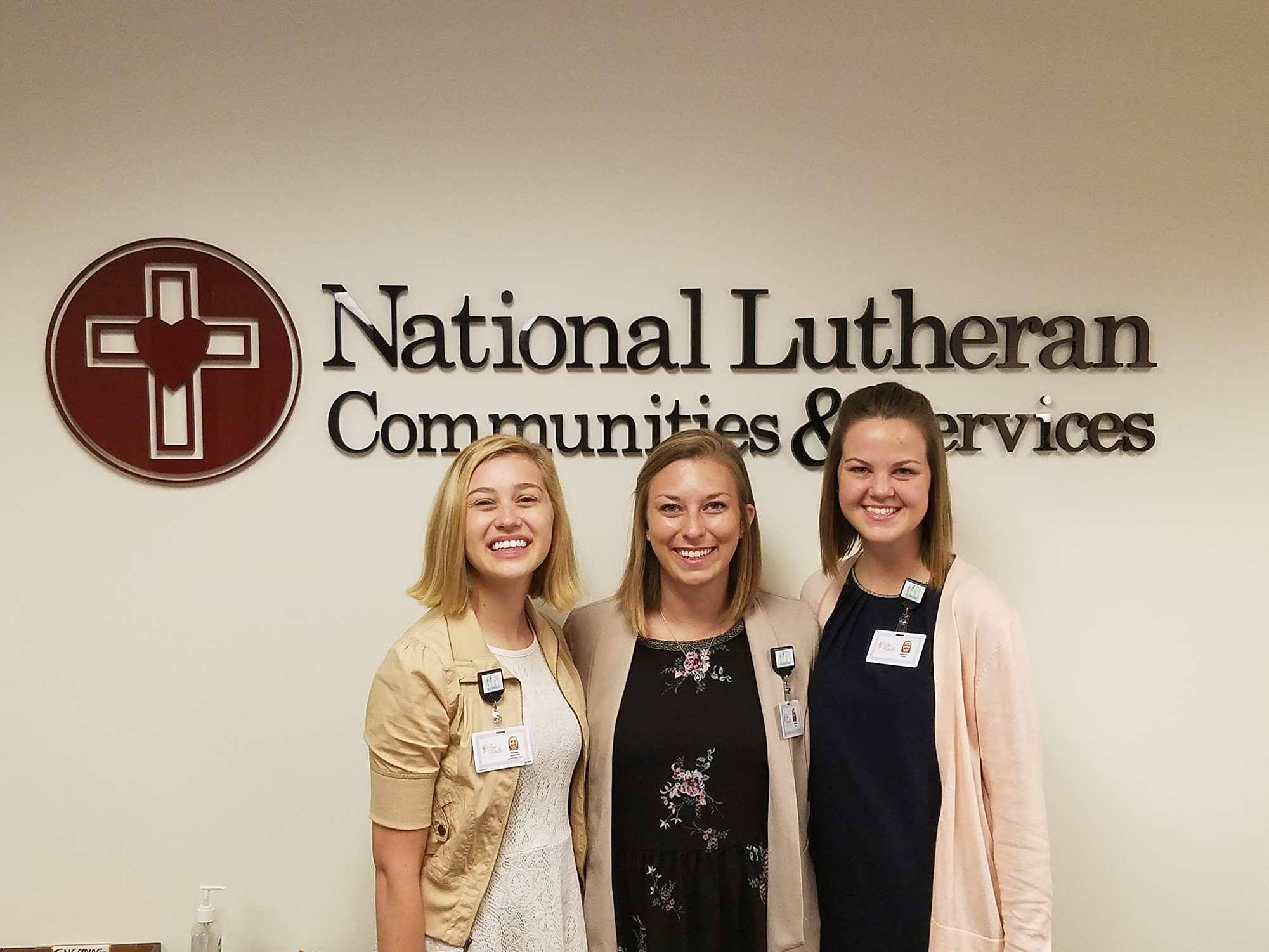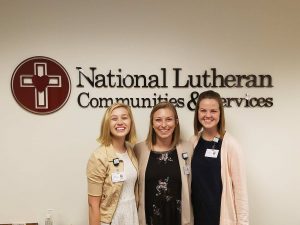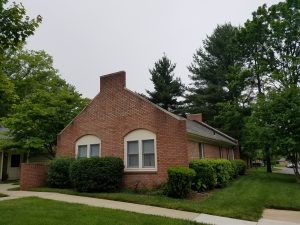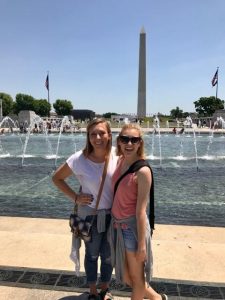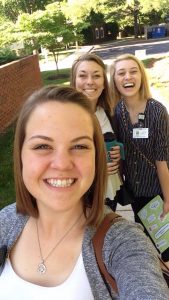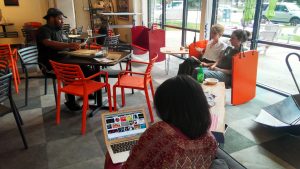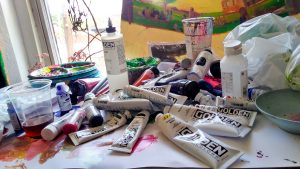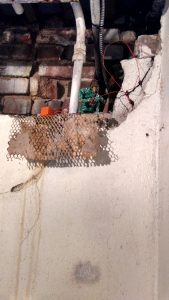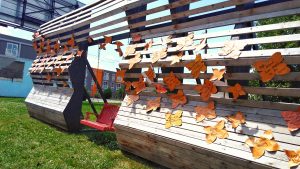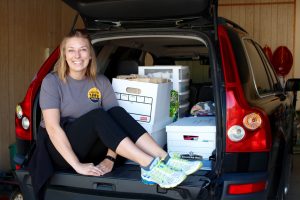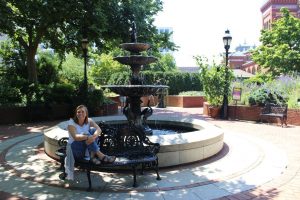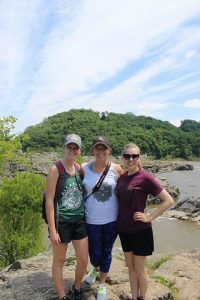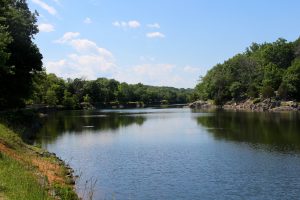As I write this final blog post, I am bombarded by many feelings…the two most prominent being confusion and denial. I’m in a constant state of Wait, I’m sorry—what did you say the date is again? and No, that can’t be right…it’s still June, isn’t it? If summer mercilessly flew past you at full speed, and if you are shocked by the date on your calendar every morning, then you might be experiencing symptoms of End of Summer Whiplash. I have coined this condition with the hopes that it will help many of us place a name to the whirlwind of emotions we are feeling about the end of our summer as CAPS Fellows. We are nearing the end; what a strange thing to say.
Just for the sake of recap, I am an intern at ArtMix, a nonprofit in Indy which provides access to the arts for people with disabilities, while also practicing and promoting inclusion. For me, which may be unlike many people in my CAPS cohort, I went into this position with no experience in the nonprofit sector whatsoever, and into a position that (on the surface) is not directly connected with my major. Now, I am typically not the type of person who throws caution to the wind and enjoys going into situations with little to no knowledge. But, that’s what made the CAPS program and ArtMix such a unique and fulfilling experience. In my nine short weeks here, I have learned an incredible amount about the nonprofit sector, what it means to really serve people, and how much elbow-grease it really takes to keep an organization spinning.
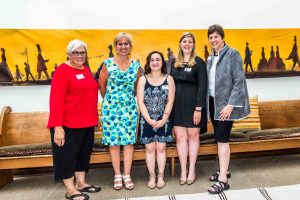
Linda, Kathy, Me, Katy, & Gayle
The President & CEO of my organization once asked me to think about my Aha! moments during my time here, so that I may reflect on them and take them with me as I find my way in life. One of those moments was the moment I realized that small nonprofits run much like how I imagine start-up businesses running. There is such an enormous emphasis on presence: getting exposure, putting your name and mission out there, and connecting, connecting, connecting. For me, this translated to a lot of experience in marketing and social media management that I previously had never been involved with. I have a renewed appreciation for the strategies and planning that go into building a presence online and in the community. Along those same lines, I knew fundraising was important; that felt like common knowledge to me. However, before this position, I had no experience with fundraising. Here, I learned the practical steps for educating people about our mission, gathering financial support, and maintaining relationships with the people who are gracious enough to donate their money (and time!) to our organization. Cultivating those relationships is extremely important to ArtMix, because the people who give to us are who make it possible for us to serve the community, and to transform the lives of people with disabilities.
As I reflect on what I will miss most, it really is two-fold: the ArtMix staff and the ArtMix students. I am extremely fortunate to have a staff surrounding me this summer who have been nothing but supportive, helpful, and kind to me. Above all, I felt like staff while I was here. Surely we’ve all heard an intern horror story or two, usually involving an intern who was always reminded of their intern status, whether it be through interactions or task-assignment. This could not be further from my experience. The ArtMix staff made sure I was always involved in the events, meetings, and camaraderies as much as any other person in the office. They are a group of truly phenomenal people, and I will miss them after my return to Valpo.
Finally, I will miss the students who come to ArtMix day after day, dedicating time and energy to our programs and their own personal growth. I have especially become friends with people in the Urban Artisans program: I attended my new friend Meghan’s dance recital with her family and my coworker, received the nickname “Trouble” from the comedian of the group, Jordan, and was invited to join David at his church service on Sundays. Serving their lunches also means I know which students will eat the chicken sandwich and which won’t, I know everybody by name, and I get to ask each one of them how their day is going. These people are so kind and welcoming, and their lives have all been touched by the hard work of the ArtMix staff and teaching artists. For me, that connection between the service and the served was the end-all-be-all: ArtMix was the perfect placement for me.


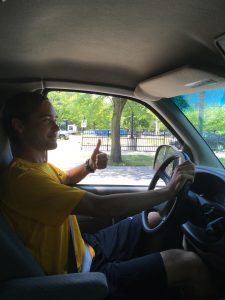
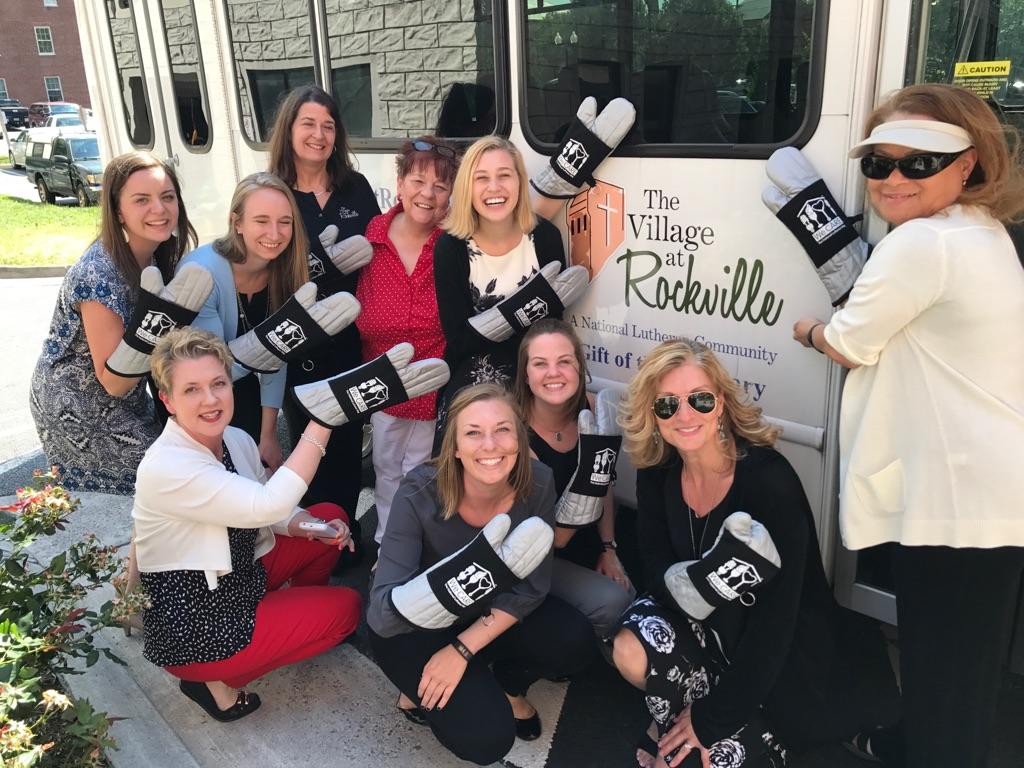
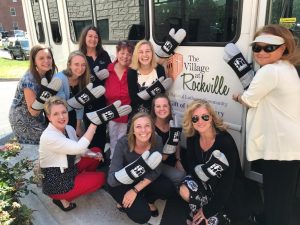

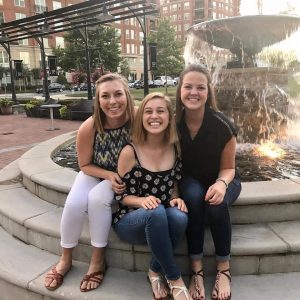
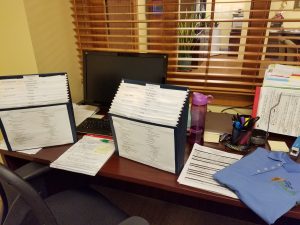
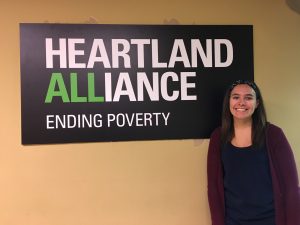
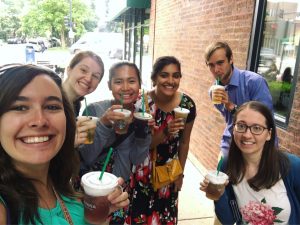
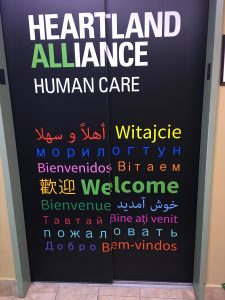 All of this will go with me even after I leave the office for the last time on Friday. My CAPS experience is occurring in the middle of my greatest life transition yet: In May, I graduated college, and said goodbye to Valpo as well as my friends, mentors, commitments and activities – really my whole way of life – there. In two weeks I leave the 60-mile radius of the Midwest I’ve lived in my entire life move to Denver, Colorado, a place where I’ve only spent about 36 hours total and know virtually no one. As of last week, my family officially completed their relocation to Charlotte, North Carolina, where my dad was transferred for work, so I also said goodbye to my childhood home, my hometown, and my old friends and neighbors. While navigating this huge life change in the midst of an experience where I must reflect on my calling and purpose in society, I have had another question thrown into the mix: who am I? When all of your roots are pulled from the ground – all of the places and activities that up until this point in your life made you who you are – what is your identity? I wish I had the answer for you. I do, however, have one valuable insight I want to share:
All of this will go with me even after I leave the office for the last time on Friday. My CAPS experience is occurring in the middle of my greatest life transition yet: In May, I graduated college, and said goodbye to Valpo as well as my friends, mentors, commitments and activities – really my whole way of life – there. In two weeks I leave the 60-mile radius of the Midwest I’ve lived in my entire life move to Denver, Colorado, a place where I’ve only spent about 36 hours total and know virtually no one. As of last week, my family officially completed their relocation to Charlotte, North Carolina, where my dad was transferred for work, so I also said goodbye to my childhood home, my hometown, and my old friends and neighbors. While navigating this huge life change in the midst of an experience where I must reflect on my calling and purpose in society, I have had another question thrown into the mix: who am I? When all of your roots are pulled from the ground – all of the places and activities that up until this point in your life made you who you are – what is your identity? I wish I had the answer for you. I do, however, have one valuable insight I want to share:
